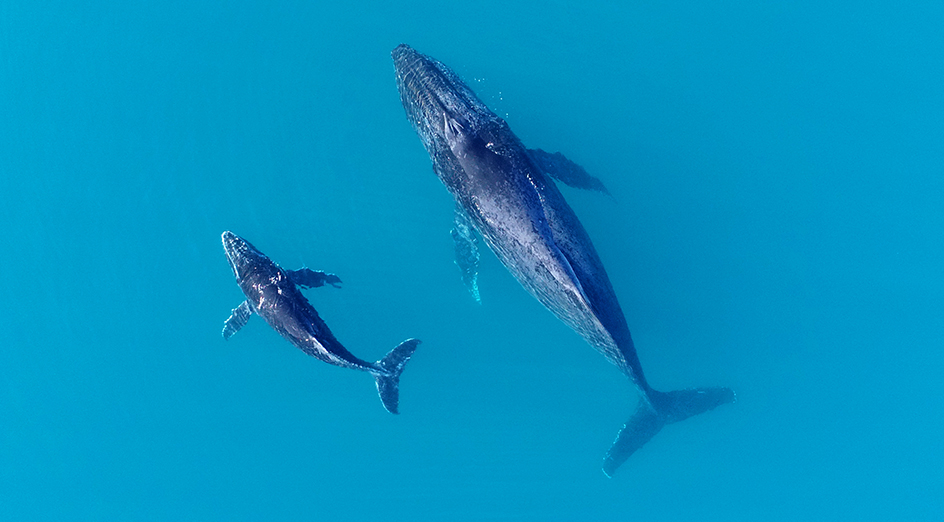The Department of Agriculture, Water and the Environment is reviewing sheep exports by sea to, or through, the Middle East during the Northern Hemisphere Summer (1 May to 31 October).
As an interim measure to continue to manage heat stress risks and to provide sufficient time for industry to prepare for the 2022 Northern Hemisphere Summer, the Export Control (Animals) Rules 2021 (Animals Rules) were on 5 April. These amendments affect arrangements for May and June starting this year.
The changes are based on updated climatology data which indicated that changes should be made for the commencement of the 2022 Northern Hemisphere Summer (for May and June). In particular, the climatology data indicated an increased heat stress risk (above the threshold set in 2020) for voyages to some Persian Gulf destinations in late May and a reduced risk for voyages to or through the Red Sea during early June.
The key changes are that:
- sheep must not be exported to Persian Gulf destinations (including Qatar but not Oman and Kuwait) by sea on a vessel that leaves an Australian port from 22 May to 31 May unless additional conditions to mitigate heat stress risks are met, and
- sheep can now be exported to or through the Red Sea from 1 to 14 June (export during this period was previously prohibited).
The additional conditions for the 10-day period (22 May to 31 May) for Persian Gulf destinations other than Oman and Kuwait, include measures to improve sheep heat tolerance, such as shorter fleece length and maximum sheep weight limits (for example, 56kg for Merinos) and measures to decrease the deck wet bulb temperatures, such as minimum pen air turnover rates and increased pen space allowance.
The conditions about the pen air turnover for the vessel do not apply to sheep exported to Kuwait, which has a notably cooler microclimate, or to Oman, where exports are prohibited during this period due to the high temperatures and humidity and therefore increased heat stress risks.
On 28 February 2022 the department advised it would undertake additional stakeholder engagement on the review due to high levels of interest, the complexity of the issues, the important implications for animal welfare and the practical requirements of any change to export processes.
Since then, departmental officers have engaged with animal welfare organisations, exporters, industry representatives and livestock producer representatives, including visiting with stakeholders in Western Australia.
The department is now considering the feedback received, available science and evidence and is conducting further analyses. Arrangements for the Northern Hemisphere Summer will be finalised when the Review of live sheep exports to, or through, the Middle East during the Northern Hemisphere summer is completed. The review is expected to be completed by the end of June 2022.
The department will contribute funding and also work with LiveCorp and industry on new research during permitted periods in the Northern Hemisphere Summer. The research will further ascertain and align sheep physiological and behavioural changes observed during a voyage with other data. This will include additional onboard data collection including using automated rumen data loggers to continuously measure sheep core body temperature.







